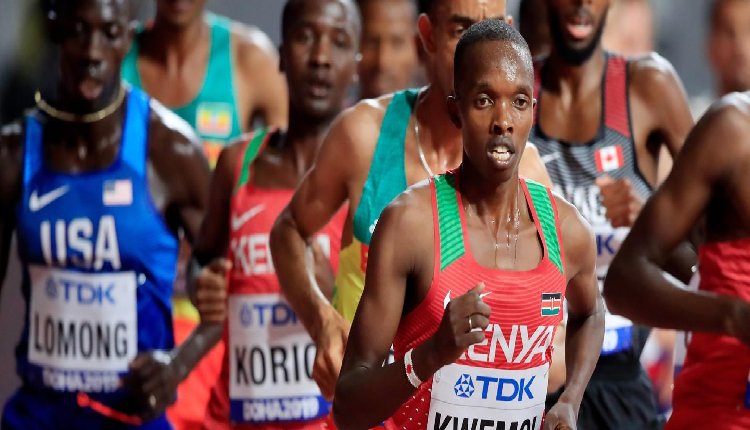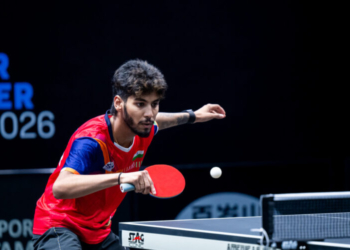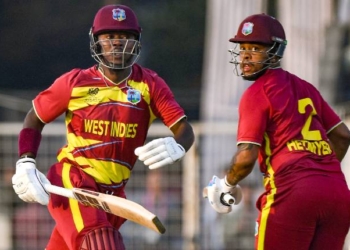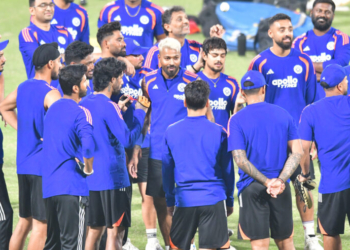Nairobi: Kenyan Olympian and former world U-20 10,000m champion Rodgers Kwemoi has been handed an extended six-year ban by the Athletics Integrity Unit (AIU) for blood doping.
Kwemoi was found guilty of using blood boosters to improve his performance due to abnormalities in his Athlete’s Biological Passport (ABP), according to a verdict signed on April 24, 2024, and made public by AIU on Friday, reported Xinhua.
The 27-year-old runner was once tipped to be the future of long-distance track running in the East African nation following his breakthrough victory at the Bydgoszcz 2016 World U20 Championship in Poland.
However, a three-judge panel sitting in London and chaired by David Sharpe convicted him of blood doping. Kwemoi will also forfeit all titles, records, and earnings accrued between July 18, 2016, and August 8, 2023, besides being ordered to pay World Athletics 3,000 U.S. dollars as part of the costs of prosecuting his case.
Kwemoi, who set the Istanbul Half Marathon course record of 59:15 in 2022, chose a three-judge hearing to argue his case through a London lawyer who represented him pro bono after being notified by the AIU of his Adverse Analytical Findings.
The judges threw out his defense that the abnormalities in his ABP were as a result of natural variations due to the physiological responses influenced by the frequent changes in climate, altitude, and other environmental factors.
While the panel of experts agreed with his argument that high altitude affected ABP values, they nonetheless identified significant Aggravating Circumstances that pointed to manipulation of blood done in the lead-up to the “most important athletics competitions”.
Kwemoi’s profile revealed several features of blood doping during competition preparation, and it was highly likely that a prohibited substance or method was used, with the ABP unlikely to be the result of any other cause.
Kwemoi was thus found guilty of committing Anti-Doping Rule Violations whereby he engaged in “a deliberate, systematic and sophisticated doping regime” with 18 instances of blood doping found between July 18, 2016, when sample one was taken, and September 27, 2022, when sample 38 was collected.
Due to the aggravating circumstances and full proof that Kwemoi had repeated the violations, AIU considered the matter serious in nature.
Kwemoi’s period of ineligibility was increased by two more years from the standard four, meaning his ban will end in 2029.
He burst onto the international scene as a teenager at the 2016 U-20 Championship in Poland, where he struck 10,000m gold in 27:25.23.
Kwemoi then won Commonwealth bronze at the same distance at the Gold Coast Games in Australia in 2017 before finishing just outside the medals in fourth at the Doha 2019 World Championships.
At Tokyo 2020, he finished 7th in the 25-lap race.
Kwemoi last ran in Kenya colors at the Eugene 2022 World Championships in Oregon, finishing 15th.
All those results and others, including his Istanbul Half Marathon record, have now been forfeited.
(IANS)
















